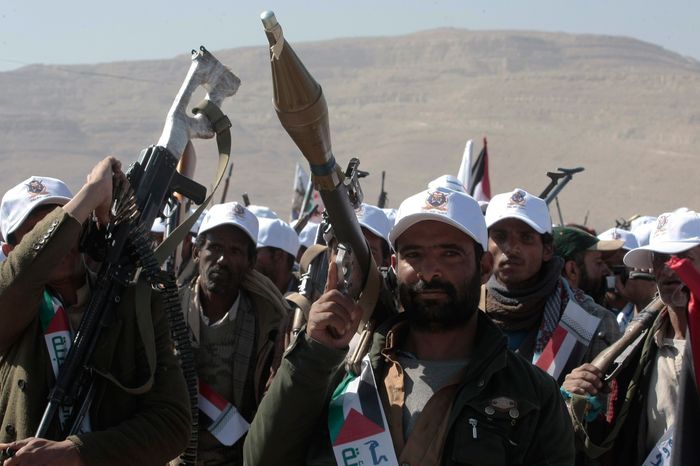Four senior Houthi military officials are the target of combined sanctions from the United States and the United Kingdom in response to the Houthi rebels’ purported involvement in recent ship strikes in the Red Sea and the Gulf of Aden. By doing this, the rebels will be held responsible for the attacks, which have not only raised tensions in the region but also caused disruptions to crude oil contracts, causing them to deviate from their recent trading patterns.

Photo from Google
Targeted Sanctions Hit Top Houthi Military Brass
The sanctioned officials, including the Houthi minister of defense, the commander of maritime forces, the coastal defense forces chief, and the director of procurement, have been directly implicated in the Red Sea attacks, according to the US Department of Treasury’s Office of Foreign Assets Control.
The White House National Security Council emphasizes the necessity of leveraging all available tools to ensure accountability for what it deems reckless actions by the Houthis.
These penalties, which are scheduled to go into force in mid-February, come after the US recently recognized the Houthis as a specifically designated global terrorist organization, sparking an increase in hostilities. The disruption caused by Houthi-led attacks on merchant vessels is highlighted by Brian Nelson, the Undersecretary for Terrorism and Financial Intelligence, who also highlights the risks to international supply networks and freedom of navigation.
READ ALSO: The Urgent Wake-Up Call For US Military Preparedness
Navigating Choppy Waters: Sanctions Aim to Safeguard Red Sea Shipping
Significantly fewer ships pass through the Bab al-Mandab Strait every day as a result of the ongoing fighting involving the Houthis, who are supported by Iran. This strait is a vital maritime route that connects the Red Sea to the Gulf of Aden. According to S&P Global’s data, ship transits have decreased by 40% from early December levels, demonstrating the real disruption brought on by the assaults.
The joint enforcement of sanctions by the US and the UK against Houthi officials is part of a broader strategy to secure shipping in the region. These measures underscore a determined approach to address the challenges posed by Houthi-led attacks, reinforcing the international community’s commitment to stability, security, and prosperity in the affected areas. As global scrutiny intensifies, the effectiveness of these sanctions in deterring future attacks remains a key focal point.
READ ALSO: US Boosts Military Presence In Syria Amid Regional Tensions: Reinforcements Arrive In Al-Hasakah

















































